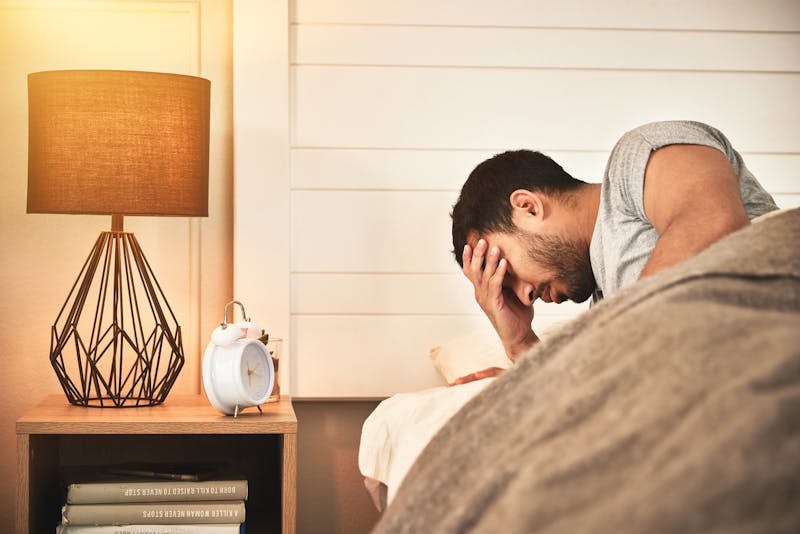
Sleep is crucial for both our physical and mental health, affecting everything from our mood to our cognitive abilities. Yet, for many, sleep doesn’t come easily or naturally. Severe sleep disorders are more common than we may think, but often go unrecognized until they start affecting other areas of life. While some symptoms of sleep disorders are easy to dismiss, it's important to be aware of the signs that indicate something more serious.
Common Warning Signs of Severe Sleep Disorders
- Persistent Insomnia
Difficulty falling or staying asleep for three months or more may be linked to anxiety, depression, or other health conditions. If you regularly wake up during the night or can’t fall asleep, it’s important to seek help. - Excessive Daytime Sleepiness
Fatigue during the day despite a full night’s rest can indicate sleep apnea or narcolepsy, both of which disrupt sleep quality. - Snoring and Gasping During Sleep
Loud snoring, choking, or gasping for air may signal obstructive sleep apnea (OSA), a condition that disrupts sleep and increases risks of heart disease, stroke, and high blood pressure. - Restless Legs Syndrome (RLS)
RLS causes an uncontrollable urge to move the legs, interfering with falling asleep and staying asleep. - Nightmares and Night Terrors
Frequent nightmares or night terrors can point to a sleep disorder, particularly if they occur multiple times a week. - Sleep Paralysis
Sleep paralysis, when a person is temporarily unable to move or speak upon waking or falling asleep, may be linked to narcolepsy. - Frequent Nighttime Bathroom Trips
Waking up multiple times to use the bathroom could indicate issues like diabetes, an overactive bladder, or sleep apnea. - Severe Mood Swings and Cognitive Impairment
Chronic sleep deprivation can cause irritability, memory issues, and lead to mood disorders like depression or anxiety.
Treatments for Severe Sleep Disorders – Louisiana ENT Specialists
Treating sleep disorders requires addressing the specific condition, often through lifestyle changes, therapy, and medication. There are a variety of treatments available that can help manage these conditions and restore healthy sleep patterns.
- Cognitive Behavioral Therapy for Insomnia (CBT-I)
CBT-I is a highly effective treatment for chronic insomnia. It helps patients identify and change negative thoughts and behaviors that hinder sleep, establishing healthier sleep routines. - Continuous Positive Airway Pressure (CPAP)
For obstructive sleep apnea (OSA), a CPAP machine provides a continuous flow of air to keep the airway open, preventing breathing interruptions during sleep. - Medications
Medications, such as sedative-hypnotics for insomnia or stimulants for narcolepsy, may be prescribed. However, long-term use is discouraged due to the risk of dependence and side effects. - Lifestyle Modifications
Improving sleep hygiene by maintaining a consistent sleep schedule, reducing caffeine intake, and creating a calming sleep environment can enhance sleep quality. Stress-reduction techniques, including exercise and meditation, can also help. - Restless Legs Syndrome (RLS) Treatment
RLS may be treated with medications to increase dopamine levels or address iron deficiencies. Reducing caffeine and practicing relaxation techniques can also provide relief. - Therapy for Nightmares and Night Terrors
Cognitive-behavioral therapy, including imagery rehearsal therapy (IRT), can help reduce the frequency of nightmares by reimagining them with more positive endings.
If symptoms persist despite treatment, consulting the help of the doctors at Louisiana ENT Specialists (LENTS), can help identify the root cause and provide targeted treatment. Early diagnosis and intervention can restore sleep, improve mental health, and reduce the risk of serious health complications. If you’re struggling with signs of severe sleep disorders or other ENT concerns, contact us today to schedule an appointment. Let LENTS help you take control of your health and find lasting sleep.

